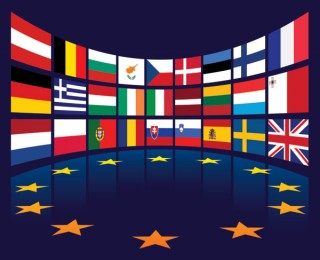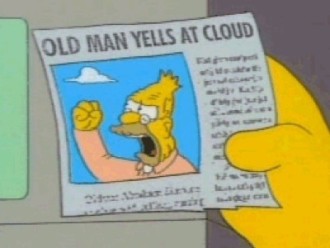 Microsoft’s UK boss has sent a letter to staff outlining why the firm believes the country is better off remaining in the EU.
Microsoft’s UK boss has sent a letter to staff outlining why the firm believes the country is better off remaining in the EU.
This is expected as the IT community generally has backed the campaign to remain in the EU and even put their names to a letter published in a national newspaper.
But Michel Van der Bel, UK CEO of Microsoft did not join the throng, making many wonder if Vole really did hate Europe. Now he has nailed his colours to the mast and penned a letter to the little Voles who work for him outlining his views and the reasoning behind it to make the case against Brexit.
Van der Bel stated that the vote was very much a question for individuals but, “as a business that is very committed to this country, our view is that the UK should remain in the EU”.
“We have a long history here. It’s where we opened our first international office in 1982 and we have been investing in the UK ever since. We have more that 5,000 highly qualified people working in fields including support, marketing, gaming, communications, cybersecurity and computer science research,” he added.
“Historically, the UK being part of the EU has been one of several important criteria that make it one of the most attractive places in Europe for the range of investments we have made. At key moments in our international growth we have specifically chosen to invest in our capabilities here in the UK,” stated the letter.
Microsoft recently invested in data centres in the UK to service the European market. This will be dicey if the Britain leaves the EU.

















